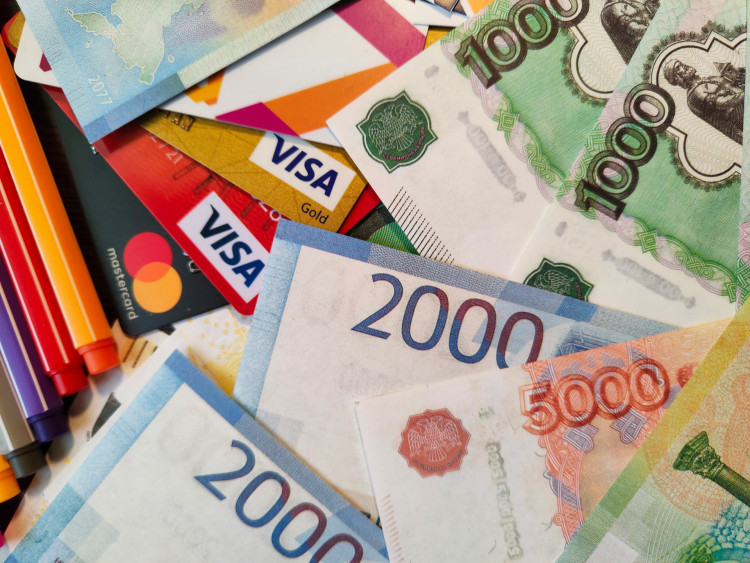As the Russian invasion of Ukraine intensifies, the European Union and the U.S. have increased their pressure on Russia by announcing that "selected Russian banks" will be barred from using the SWIFT international payments system.
The U.S. and other nations have imposed economic sanctions on Russia as a result of its attacks on Ukraine, as well as on Russian President Vladimir Putin personally. While some European governments were initially opposed to disconnecting Russian banks from SWIFT, their calculations have changed as a result of the recent military activity.
According to a joint statement, the move is intended to "further isolate Russia from the international financial system."
Continue reading to learn more about Russia's expulsion from SWIFT and the implications for the country and the rest of the world.
What is SWIFT?
SWIFT is the worldwide financial artery that enables the smooth and quick flow of funds across borders. It is an abbreviation for the Society for Worldwide Interbank Financial Telecommunication.
SWIFT, founded in 1973 and headquartered in Belgium, connects 11,000 banks and organizations in over 200 countries. It is a type of instant messaging system that notifies users when payments are transferred and received. It sends about 40 million communications per day, while trillions of dollars are exchanged between companies and governments.
Russian payments are believed to be involved in more than 1% of those texts.
Impact of Russia's Exile from SWIFT
According to the Russian National SWIFT Association, the SWIFT network is used by around 300 banks and financial institutions in the country. Outside of the United States, these companies make up the second-largest group of SWIFT customers. In Russia, SWIFT is used by more than half of all credit institutions.
Simply put, removing certain banks from the cooperative network will prevent those specific Russian financial institutions from using SWIFT to make or receive foreign payments. According to a 2021 research by the Carnegie Moscow Center, Russia's gross domestic product would shrink by 5% if it left SWIFT.
According to the BBC, when Iran was kicked from SWIFT in 2012, the country lost 30% of its foreign trade.
What are Russia's Alternatives?
While SWIFT workarounds have been attempted, none have proven to be effective. Russia, too, has worked on alternatives during the last seven years, including the SPFS (System for Transfer of Financial Messages), an equivalent of the SWIFT financial transfer system established by the Central Bank of Russia. The Russians are said to be working with the Chinese on a potential partnership that could be a competitor to SWIFT.
It remains to be seen whether Moscow can use this platform to circumvent the partial ban, which could soon be expanded to a total ban.
While the ban may take some time to take effect, it is crucial to note that it demonstrates a significant commitment from Western countries. Ukraine's Prime Minister Denys Shmyhal described the latest economic penalties as a "real help during this dark time."






